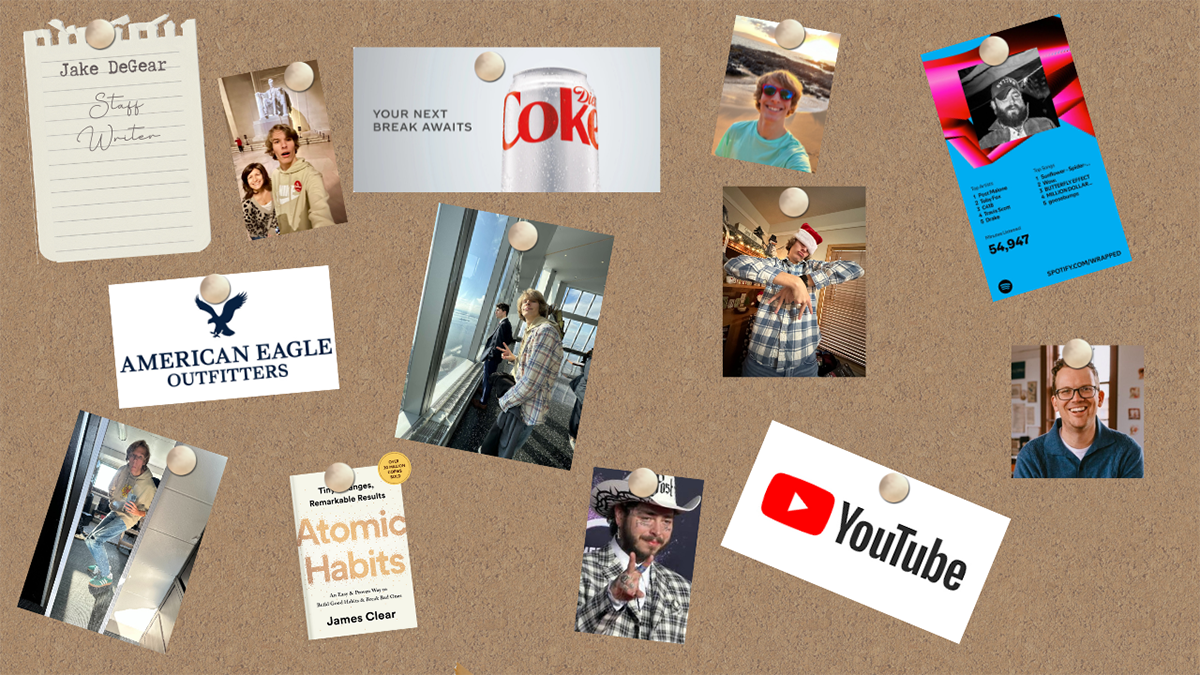If you plan on lying out on the beach or being active in the sun, the Center for Disease Control suggests you wear sunscreen, specifically at least 15 SPF and water resistant. Sunscreen should be applied 30 minutes before exposure to the sun and reapplied after two hours and after sweating, swimming or toweling. Don’t forget about sunscreen when the clouds are blocking the sun – sunburn can still happen when it’s cloudy, according to the CDC.
Senior Katie O’Connell is travelling to Florida and said she plans on getting some sun (while using SPF 30, of course), swimming and drinking lots of water at the beach. “I love the smell of sunscreen,” she said.
Another concern is heat exhaustion, which is the body’s response to an excessive loss of water. Symptoms include heavy sweating, paleness, muscle cramps, tiredness, weakness, dizziness, headache, nausea or vomiting and fainting, according to the CDC. Director of Student Health Service, Laura Chellman, said to stay in the shade when possible, take breaks and to drink lots of fluids, especially if you are active.
If alcohol is involved in Spring Break, it should be consumed responsibly, Chellman said. The easiest way to stay safe is to use a common-sense approach and pay attention to how much you are drinking, Chellman said. She advises that students not leave their drinks unattended. It also helps to have food in your stomach to absorb the alcohol. “Students should watch how much and how fast they drink,” Chellman said.
Another danger to avoid on spring break is strangers and even people met on break. Chellman said students don’t go out on their own and to have a friend with them.
“You should know the best places to be around and also the more dangerous ones to avoid,” Chellman said.
One way to avoid these dangers is to stay home over spring break like sophomore Beth Holty. She is staying on campus during spring break so she can work at the campus preschool.
“I’ll be chasing after two-year-olds, getting some exercise and eating peanut butter and jelly sandwiches with milk,” Holty said.






